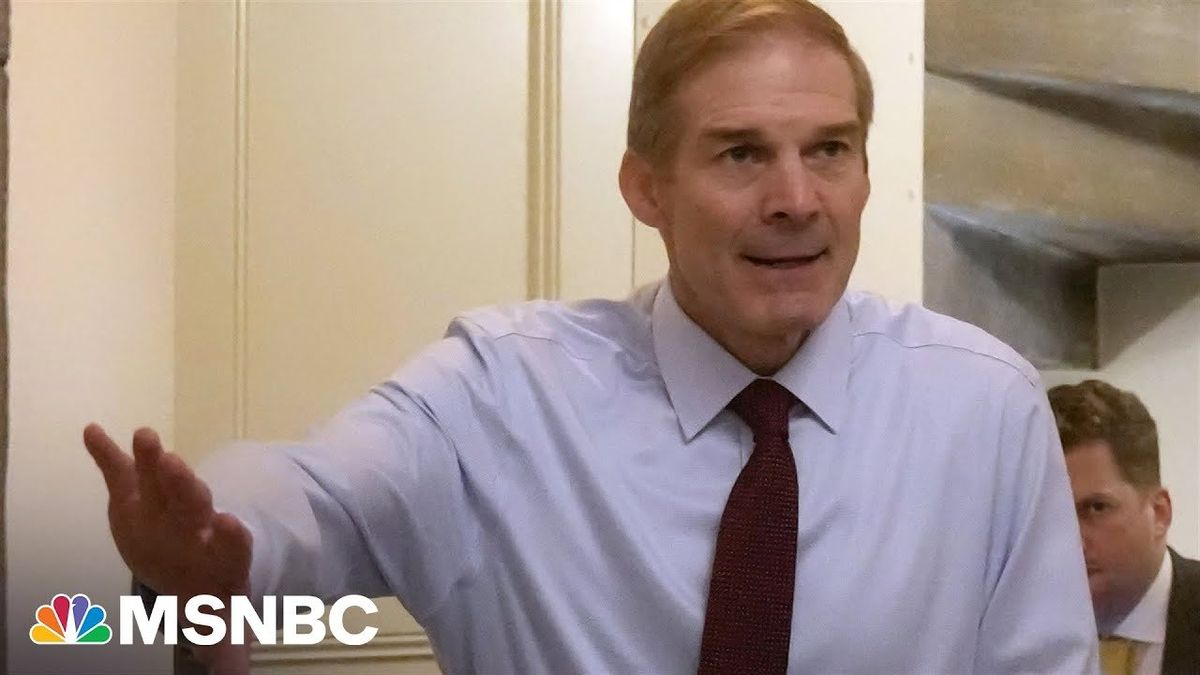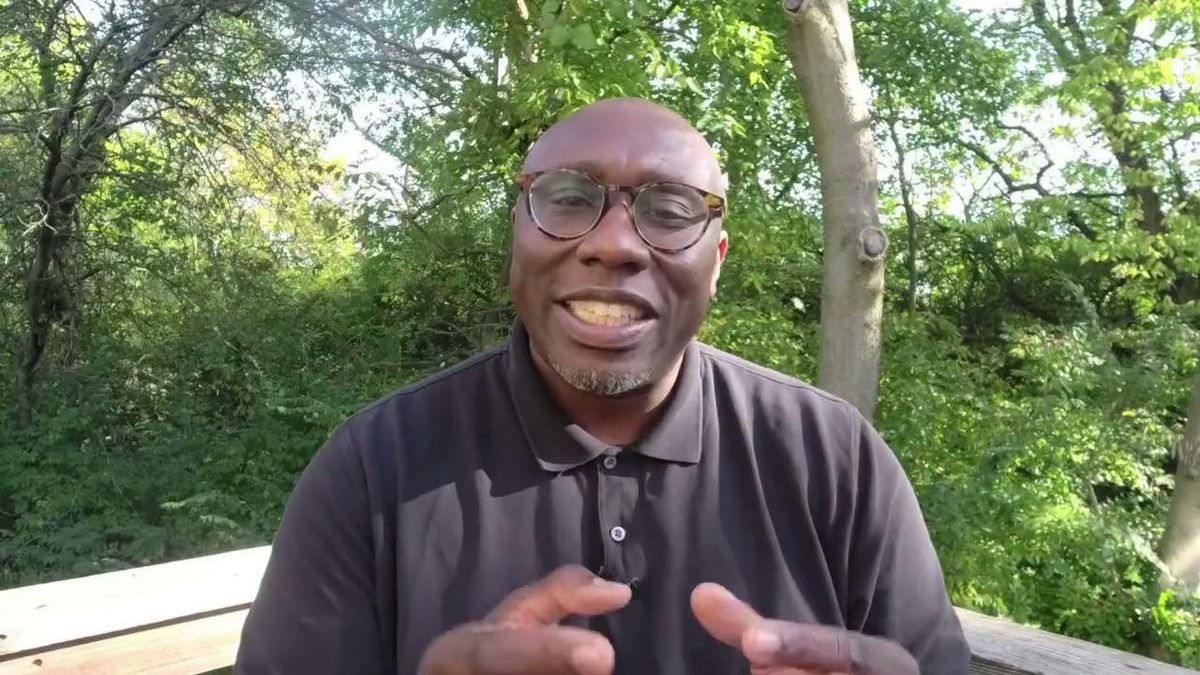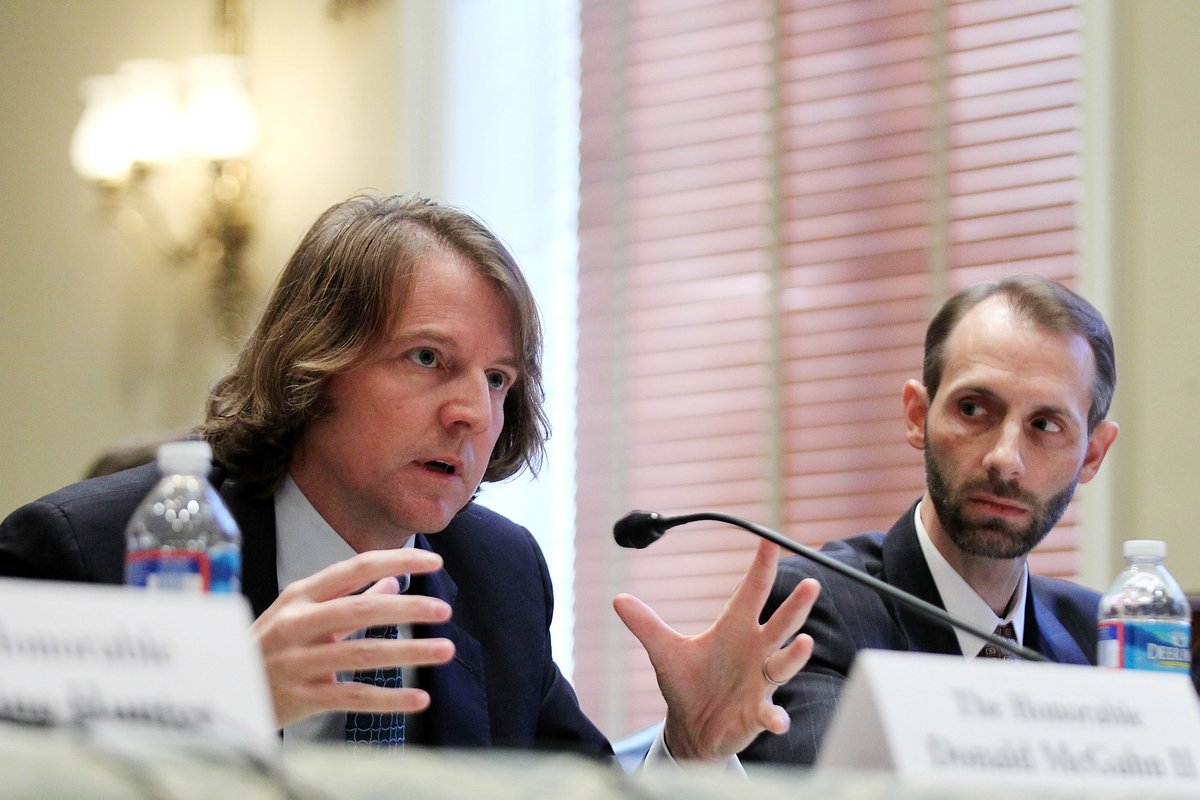Police enter a pro-Palestinian encampment on May 2 after a dispersal order was given at the University of California at Los Angeles.
Cupp is the host of "S.E. Cupp Unfiltered" on CNN.
There’s a grand and important tradition of anti-war protest in America. And, when peaceful, these can be a useful and impactful mechanism to advocate for change.
Sadly, what’s happening on our college campuses right now is making a mockery of that grand tradition and civil right.
Over the past few weeks, pro-Palestinian protests at Columbia University, UCLA, the University of Wisconsin, University of North Carolina and others have disrupted classes and campus life, held administrators hostage to impossible and unserious demands, and resulted in the mass arrests of students and faculty, with some even turning violent.
Worse, they’ve exposed some shocking and disturbing episodes of rabid antisemitism and calls for violence.
A Columbia student and self-proclaimed leader of the pro-Palestinian movement there, Khymani James, was finally suspended for saying that “Zionists don’t deserve to live.”
“I think that taking someone’s life in certain case scenarios is necessary and better for the overall world,” he said matter of factly. “Be glad, be grateful that I’m not just going out and murdering Zionists…. So yes, I feel very comfortable calling for those people to die.” It only took four months to suspend James — “temporarily” — after he posted the disgusting video publicly.
Sign up for The Fulcrum newsletter
At UCLA, pro-Palestinian students prohibited a Jewish student from entering campus to attend classes. Another Jewish student was asked if he was “a Zionist” before being blocked from entering the library.
At George Washington University protesters held signs advocating for a “FINAL SOLUTION” — a grotesque callback to Hitler’s plan for exterminating Jews.
And on campuses all over the country protesters have been spotted wearing Hamas headbands, calling for “Intifada,” proudly flying Hezbollah terror flags, and shouting “We are Hamas!” and “Go back to Poland!”
It’s ugly stuff, and hard to wrap your mind around how these supposedly well-educated, enlightened, college students ended up on what is so clearly the wrong side of history.
I don’t blame them, entirely. Even smart kids can be naïve, idealistic, and vulnerable to propaganda disguised as revolution. Rebellion can be fun — more fun than going to class. Yelling petulantly about complex global problems is a lot easier than trying to fix them through policy.
But where are the adults to tell them that what they are doing is stupid, dangerous, and misguided, and in no way helping their cause?
Where are the parents to tell their kids that camping out in tents for Hamas and refusing to go to class isn’t what they intended their $80,000 in annual tuition for?
Where are the administrators to tell protestors that prohibiting other students from going to class, threatening other students’ lives and breaking into buildings will not be tolerated so don’t even try it?
Most importantly, where are the educators to tell students that Hamas and Hezbollah are violent terror groups antithetical to their supposed values — that the regime they align with murders gay people, rapes women, and muzzles free speech? Or, contrary to what a fifth of young Americans shockingly believe, the Holocaust was not “a myth”?
If anything, we’ve seen the opposite guidance from the adults.
We’ve seen university presidents at Harvard and University of Pennsylvania struggle to answer basic questions about whether calling for the genocide of Jews is a violation of campus policy.
We’ve seen some professors describe the Hamas terrorist attacks as “exhilarating” and “awesome,” while one posted proudly, “I’m with Hamas & Hezbollah & Islamic Jihad.”
And we’ve seen some professors blocking students who don’t support the encampments from entering.
We’ve seen politicians come to campus in solidarity with pro-Hamas protesters. Rep. Ilhan Omar embraced Khymani James, who called for Zionists to be killed, and she described Jewish students as “pro-genocide.”
And we know that professional protesters, including “protest consultants” have infiltrated campuses to exploit students, heighten tensions, foil negotiations and exacerbate situations for their financial and personal gain.
Protesting war and violence, advocating for peace, and sympathizing with the plight of innocent Palestinians are noble causes worth expressing and commending. And there are campuses where this is happening.
But adults who know better should be telling the misguided faux revolutionaries at Columbia and elsewhere that hate speech isn’t the same thing as free speech, that there’s a difference between being antisemitic and anti-war, that calling for violence isn’t peaceful protest.
They should be warning them that “going viral” for being an ignorant antisemite isn’t going to help them get a job, and that getting thrown out of school for breaking and entering isn’t noble or righteous, but criminal and dumb.
And they should be explaining that sympathizing with barbaric terrorists is hurting their cause and dampening their message.
Clearly, the kids are not alright. But neither are the adults.
©2024 S.E. Cupp. Distributed by Tribune Content Agency, LLC.




















